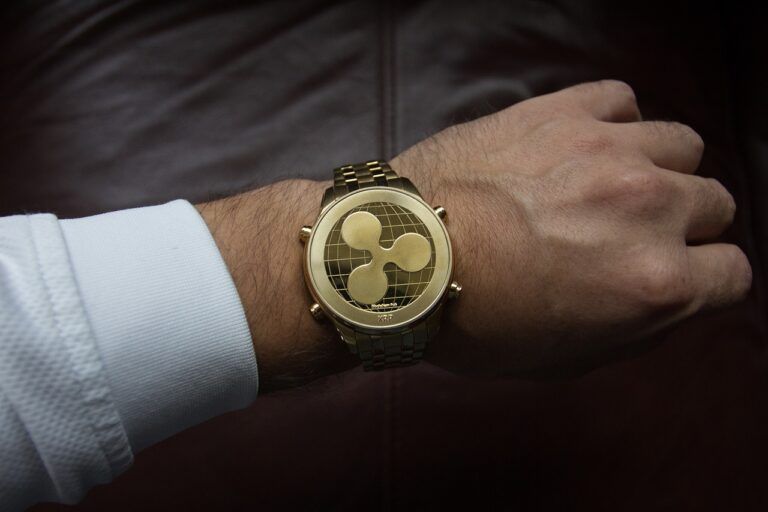A recently published report has found that blockchain-based money transfers are 388 times faster and 127 cheaper than those of legacy financial systems. The stats are even more impressive when we look at Ripple’s transaction speeds and fees.
The report, published by BlockData, reveals that blockchain-based solutions are great for remittance payments. Through a sample of 1,800 remittance payments, BlockData found that Ripple, BitShares, and Stellar could turn the industry around.
Its data shows that while legacy systems take anywhere between two and five days to settle transactions and charge fees that could grow to nearly $10, blockchain-based solutions are able to process these same transactions in as little as two seconds, for less than $0.01, as is Ripple’s case.

Moreover, Ripple’s technology is able to settle transactions in about four seconds, while remittance giant Western Union needs three to five days to do so. This means that Ripple could settle up to 100,000 transactions in the time Western Union settles one.
BlockData’s report added that it found the number of remittance companies using blockchain technology has been growing steadily over the last 10 years. Most of these, the report adds, don’t use their own blockchain or blockchain-based token, but rely on solutions provided by existing blockchains like that of Ripple.
Our results show that about two-thirds of these startups utilize blockchain technology without their own token. Most of these companies are building on existing blockchain infrastructure like RippleNet or Stellar
The firm’s research also found that traditional remittance firms like MoneyGram and Western Union have been experimenting Ripple’s proprietary service, xCurrent, to settle cross-border payments using blockchain technology. Santander has recently confirmed it’s doing the same thing through its One Pay FX app.
Ripple may be facing competition in the future, however, as some have claimed Facebook’s upcoming cryptocurrency could be used for remittance payments as well. The difference made by blockchain-based solutions is, nevertheless, astounding.
Remittance Industry Struggles
In favor of Ripple’s crusade to revolutionize the remittance industry are various other factors. Firms like Western Union need days and huge fees to process transactions as they often have to go through various middlemen.
Moreover, financial regulations – often related to anti-money laundering (AML) checks – forces these firms to navigate complex bureaucracy to process the payments in a legal way. An immutable blockchain is able to help firms speed everything up.
Despite these difficulties the industry is growing. Available data shows that firms like TransferWise have seen their millions of users transact billions per month, and still make a profit. BlockData’s report reinforces that the industry will keep on growing.
The global remittance industry is projected to hit $1 trillion by 2022 and $1.4 trillion by 2025.
The industry’s growth, nonetheless, is being accompanied by Ripple and its blockchain-based solutions. The company’s chief strategist has claimed the XRP token itself – which Santander clarified it hasn’t been using – is “being used more than bitcoin.”
The company’s growth has made its presence felt in the financial industry, so much so that Ripple’s CEO Brad Garlinghouse has clashed with the CEO of SWIFT Gottfried Leibbrandt in a debate in Paris.









